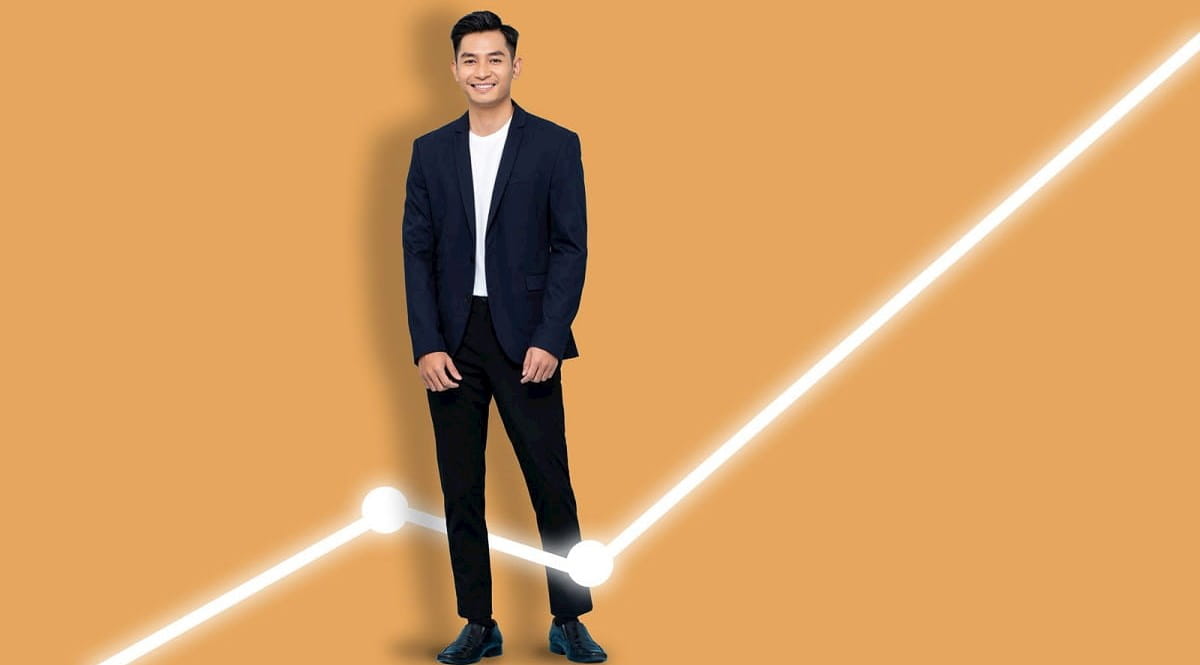
One hundred years is an impressive milestone in any walk of life, and 25 March 2024 saw the Finnie family mark a century of continuous family history as chartered accountants in the UK.
John Finnie was admitted as a member of ICAS on 25 March 1924 and was followed into the profession by his son, James Finnie and grandson, Roger Finnie. John’s great-grandson, Alex Finnie, is continuing the family’s legacy after starting a training contract with PwC in September 2023.
Father and son, John and James, were both articled at Thomson, Jackson, Gourlay & Taylor in Glasgow, a firm established in 1847, pre-dating the founding of both ICAS and ICAEW. It eventually became part of Thornton Baker in 1978 and Roger Finnie joined the firm’s Leicester office in 1984, before it changed its name to Grant Thornton in 1986.
While all qualified as chartered accountants, the diversity of careers they subsequently followed is a great illustration of the breadth of opportunity offered by the profession.
John Finnie spent his entire career in the one firm, retiring as a partner in 1966. James Finnie left Glasgow upon qualifying to join The Ford Motor Company before moving into academia, first in 1964 at the University of the West Indies in Jamaica, and latterly as a Senior Lecturer in the Department of Management Studies at Loughborough University of Technology.
Meanwhile, Roger has spent the majority of his career in the Asia Pacific region, including 20 years at luxury goods company LVMH and, since 2015, he has been a senior adviser for an Indonesian conglomerate based in Jakarta. He is actively connected to ICAEW, serving on its Business Committee and supporting ICAEW’s office in Jakarta as Chairman of its Super-Advisory Board.
We caught up with Roger and Alex to talk about their family history, motivations and experiences as accountancy professionals.
How much of a factor was the family history in the decision to pursue accountancy as a career?
Roger Finnie: “I knew my father as a lecturer rather than as an accountant and my grandfather was retired by the time we came back from Jamaica, so it wasn’t preordained. My mother was a doctor and this was an early leaning career wise.
“However, as a teenager, I enjoyed reading and discussing with my father the management case studies he presented to his students, leading to the decision to study accounting at university. The family history was a later influence – on a trip to see relatives, I visited my grandfather’s old practice in Glasgow, met with some people who had worked with him and made the decision that I wanted to follow the family footsteps.”
Alex Finnie: “Hearing about the careers my family members forged on the back of their accountancy backgrounds certainly played a role. It gave me an awareness of the future opportunities it can bring, whether in accountancy or the wider finance industry. As someone at the start of my career, having that versatility is exciting.”
How has the profession changed over the years?
RF: “The underlying values and status of what it means to be a chartered accountant have changed little since I started 40 years ago. What I think has evolved significantly is the visibility, engagement and accountability of the profession towards a broader set of business stakeholders, regulatory bodies and policymakers. It’s also more on the front foot and in the limelight as a leading voice than before.”
Why is accountancy as relevant today as a career choice?
RF: “The outcomes of business decisions are mostly in numbers one way or another. Having that financial base and the professional training is a huge asset, especially when you can more intuitively understand the impact or benefit or risks in new opportunities or strategic decisions. Accountancy is one application of the training, but just seeing the breadth of roles other members are working in shows the benefit of following the profession.”
AF: “The diverse finance, accounting and business knowledge gained as part of the profession creates a desirable proficiency and versatility. Achieving a recognised certification also distinguishes individuals, boosting their credibility and reputation in any field, and opening the door to opportunities worldwide.”
What was a challenge you faced professionally? How did it pan out?
RF: “Early in my career, it was needing to recognise and develop the soft-skill side of management as I was transitioning from a finance role, where most things are black and white, to a senior business role where you are leading other leaders. Today, most people I meet are surprised to learn I’m an accountant. It’s good to see these aspects more in focus in the training and communications to members now.”
Do you talk much about work when you catch up?
AF: “Not really – although as a good uncle, he has been very thoughtful in making sure I understand the family history and see ICAEW as a body offering ongoing training and development and support and not just a qualification.”
Roger, how would you describe and share your experiences as a member of ICAEW’s Business Committee?
RF: “Thanks in part to COVID-19 and zoom meetings, being based outside of Europe became less of an obstacle to being more actively involved with ICAEW and so I was pleased to get the opportunity to join the Business Committee. It has been eye-opening to see the breadth of topics ICAEW is engaged on or requested to give input on and so you regularly have the opportunity to have a voice to help shape the profession’s future.
“The diverse backgrounds of the members provides interesting insights and learnings, quite apart from the new acquaintances that one makes. I’d highly recommend anyone willing to give up some time to reach out and see how they can best help.”
Useful information
Find out more about careers in accounting.
Attracting talent to accountancy
Is the profession representing the value and benefits that it offers in the best way? Perception, purpose, diversity and development all matter in bringing the best people to accountancy.




